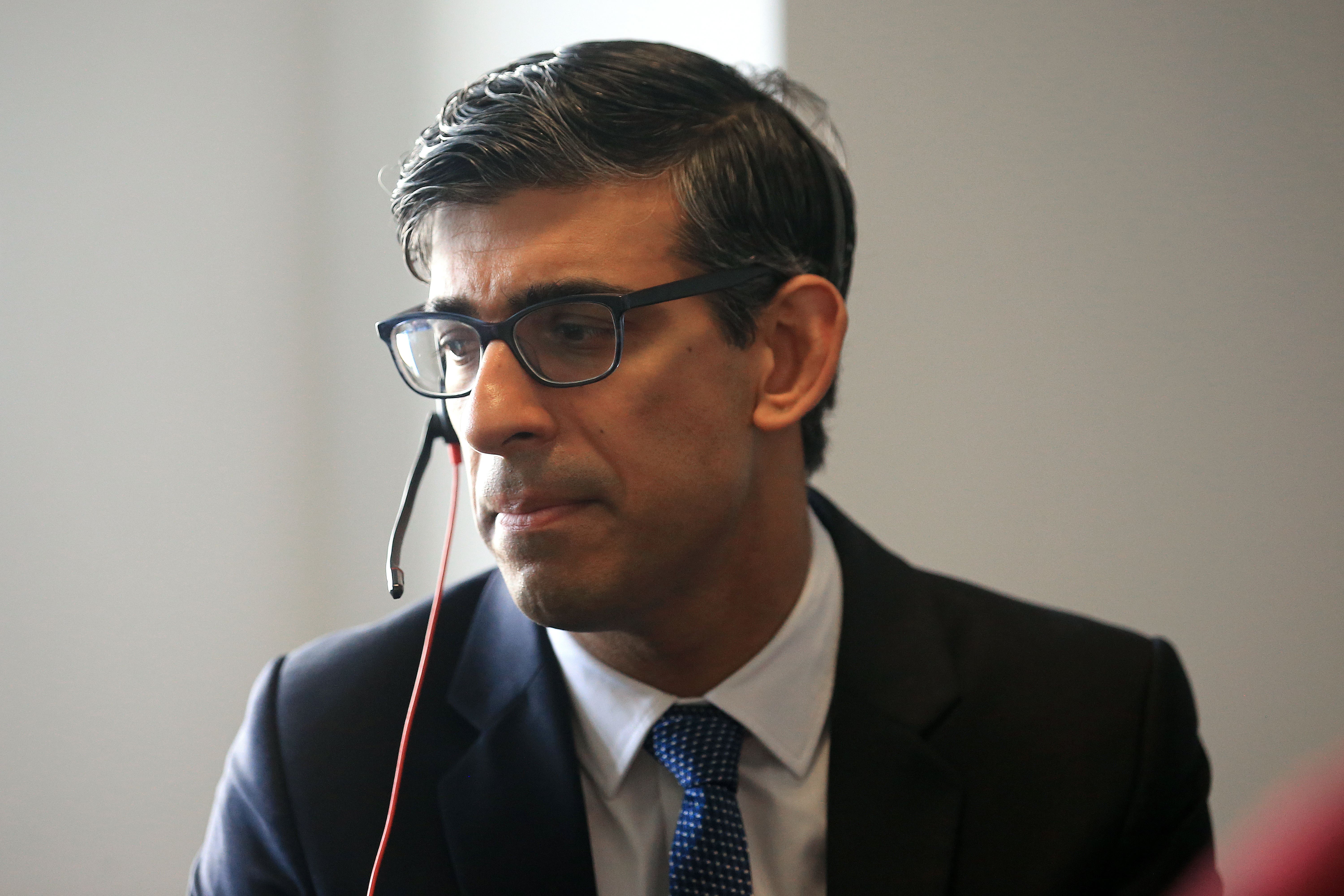Government set to meet target to halve inflation, Bank of England says
The Bank said that inflation would drop to 4.9% in the final quarter of this year

Your support helps us to tell the story
From reproductive rights to climate change to Big Tech, The Independent is on the ground when the story is developing. Whether it's investigating the financials of Elon Musk's pro-Trump PAC or producing our latest documentary, 'The A Word', which shines a light on the American women fighting for reproductive rights, we know how important it is to parse out the facts from the messaging.
At such a critical moment in US history, we need reporters on the ground. Your donation allows us to keep sending journalists to speak to both sides of the story.
The Independent is trusted by Americans across the entire political spectrum. And unlike many other quality news outlets, we choose not to lock Americans out of our reporting and analysis with paywalls. We believe quality journalism should be available to everyone, paid for by those who can afford it.
Your support makes all the difference.Prime Minister Rishi Sunak will have reason to celebrate on Thursday as the Bank of England forecast that he would meet his promise to halve inflation by the end of this year.
The Bank forecast said that due to drops in international energy prices, inflation is set to fall to around 4.9% averaged over the final three months of 2023.
Inflation was running at 10.7% in the final quarter of last year, meaning that to hit their target ministers would have to hope for inflation, measured by the Consumer Prices Index (CPI, would fall to 5.3%.
But meeting the goal was largely out of the Government’s hands. One of the main tools for combatting inflation is interest rates, which are set by the Bank of England.
And the Bank said that it is largely energy prices, set by global markets, that ministers have to thank for reduced inflation.
The average gas and electricity bill is expected to drop below £2,000 from October when Ofgem next changes the energy price cap, the Bank said.
Food price inflation, which has a particularly large impact on the living costs of lower-income families due to it making up a larger share of these families’ budgets, remains extremely high
“CPI inflation was expected to fall significantly further, to around 5% by the end of the year, accounted for by lower energy, and to a lesser degree food and core goods price inflation,” the Bank said.
“Services price inflation, however, was projected to remain elevated at close to its current rate in the near term.”
It added: “Food price inflation, which has a particularly large impact on the living costs of lower-income families due to it making up a larger share of these families’ budgets, remains extremely high.”
But it expects annual food inflation to fall to around 10% by the end of the year as lower input prices make their way down the supply chain.
Though inflation is expected to drop, the Bank does not expect to meet its 2% inflation target for two years, in the second quarter of 2025.